Rory McIlroy Finally Completes Career Grand Slam in 2025 Masters for the Ages
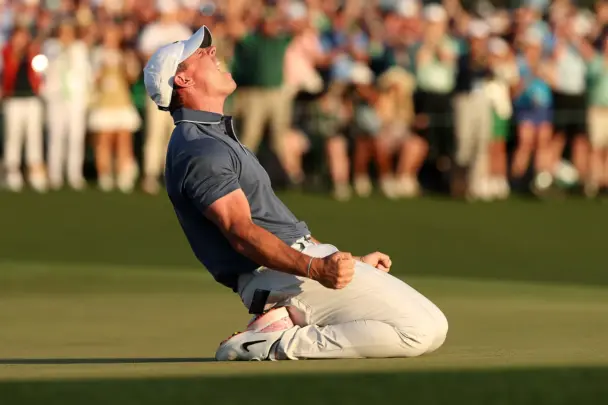
On Sunday, April 13, Rory McIlroy stood over a three-foot putt on the 18th green at Augusta National Golf Club in Augusta, Ga. His opponent, Justin Rose, had just missed his birdie putt and was in for par. If he made the putt, Rory would win the Masters Tournament.
Staring down this putt, the pressure on Rory may have been the most weight on any golfer in the history of the sport.
To any non-golf fans or those unaware of the circumstances of how we got here, it’s hard to explain how significant this putt was. Alas, I will try my best to summarize how crucial it was.
To do so adequately, we need to travel back to 2009: the first year Rory McIlroy competed in the Masters Tournament.
Hailing from Holywood, County Down, Northern Ireland, McIlroy went pro at the age of 18 in 2007, mostly competing in European Tour events. In 2009, he made his debut at Augusta National and performed quite well, considering his lack of experience on tour and on the famed course. While a T-20th result is not the most glamorous of outcomes, for it to happen to such a young golfer was an indication of things to come for the Northern Irishman.
McIlroy was certainly destined for stardom: He won his first major title at the 2011 U.S. Open at age 21, making him the youngest winner in nearly 90 years. This success would roll over into a dominant run in the PGA Tour, where he won the PGA Championship in 2012, along with both the Open Championship and U.S. Open in 2014.
Now with four majors in the bag, McIlroy had established himself as one of the best golfers in the game. He now looked to the Masters Tournament, where, if he won, he would complete the illustrious career Grand Slam, an achievement only five golfers have ever accomplished. As McIlroy entered the 2015 Masters, he began his journey towards the green jacket. It would be a much longer journey than expected.
With every passing year, golf fans continued to ask, “When will Rory win the Masters?” Year after year, they were met with disappointment. His fourth place finish in 2015 would be his best result for the next seven years. In 2022, a Sunday -8 round shot him up the leaderboard late in the tournament, but only to second place, as his late weekend heroics could not catch him up to Scottie Scheffler in Scheffler’s first of two Masters wins.
Nevertheless, McIlroy remained a constant presence on the tour. As one of the sport’s most popular players, he became a brilliant spokesperson for all of the PGA’s ventures. Unfortunately, he could not return to form at any of the major tournaments, instead watching as new faces shot up the scoreboards and accumulated major championships.
His most recent chance to return to the major winner’s circle came at 2024’s U.S. Open. The final day, it became a battle between McIlroy and Bryson deChambeau for the crown. DeChambeau had won the tournament in 2020, earning his first major victory: He’s emerged as a voice for the younger generation of golfers, and the crowd has certainly helped him build momentum. He used that momentum and gave them a show, winning the U.S. Open for the second time in his career. As deChambeau rose to victory, McIlroy practically gave him the win, missing two putts inside three feet on two of the last three holes to give up the lead and provide deChambeau with the avenue to victory.
Heading into the 2025 Masters, Rory had the same goal he’s had for the last eleven appearances at Augusta: win the title and complete the Slam. McIlroy put himself in contention after back-to-back 66s (-6 each, -12 overall) on Friday and Saturday gave him the 54-hole lead. With the title in reach, McIlroy just had to hold off the competition for one more day and the green jacket would be his. However, the biggest roadblock in his way was his playing partner for Sunday, who was two strokes behind heading into the final round: Bryson deChambeau.
With the golf world ready for a heavyweight fight between arguably the two faces of the league, it was evident that McIlroy was going to be the one to decide what happened on Sunday’s round. Early in his career, we saw McIlroy shine in these moments, but for the last decade or so, it’s been quite the opposite. He’s succumbed to the pressure of the moment, unable to turn Sunday leads into Sunday wins. He’d also be reminded of his last major tournament blunder when he looked at his playing partner, who had seized opportunities on McIlroy’s mistakes the last time these two went to battle.
So, at 2:40 p.m., deChambeau and McIlroy teed off, and one of the most entertaining rounds in Masters history was underway.
After losing the lead early to deChambeau, McIlroy fought his way back and pushed deChambeau out of the picture. Rory hit ridiculous shot after ridiculous shot to make pars and birdies to maintain his lead, and after a birdie on the 10th hole, he reached Amen Corner with a commanding lead and a clear path to Masters victory.
Amen Corner is the most famous part of Augusta National, containing three of the most iconic and most difficult holes in golf. McIlroy was -5 on the tournament on these three holes, but there was no guarantee that he would repeat that success on Sunday. And he most certainly did not. After a bogey on 11 and coming away cleanly on 12, he found the water on the 13th and dropped down to -11. With the momentum slipping from him, another bogey on 14 put him in a three-way tie for first with Justin Rose and Ludvig Åberg.
As Rose completed his round and tournament at -10, McIlroy birdied the 17th hole, meaning all he had to do was make par on the 18th to win the tournament. However, after an errant second shot that saw him land in the bunker, McIlroy was flustered on 18 green, where a measly attempt at a short putt for the win missed left. It was a quintessential McIlroy moment—missing a short putt to win a massive tournament—and it put him tied with Rose after the round, meaning the two of them would head back to the 18th tee to replay the final hole.
The playoff hole quickly became a pin-hunting battle between Rose and McIlroy, with every patron at Augusta National and millions at home watching. Rose’s approach shot bounced about a foot in front of the hole, before skipping by and leaving him with a long birdie look. McIlroy’s shot, however, landed beyond the hole, but with the help of the backslope and the right amount of backspin, rolled closer and closer to the hole, leaving him with another short putt to win the tournament. After Rose narrowly missed his long birdie putt, he tapped in for par, meaning the door was wide open for Rory to sink the putt and take home the Masters title.
This is the same Rory McIlroy who won four major titles by age 25, poised to earn a Masters title and become one of the all-time greats. The same Rory McIlroy that couldn’t get his fifth major, year after year, and watched as the game’s brightest stars excelled past him. The same Rory McIlroy who became a face for the PGA while simultaneously struggling to achieve the same success his younger self could find. The same Rory McIlroy who missed two three-foot putts which would have earned him a U.S. Open Championship less than a year ago. The same Rory McIlroy whose legacy has been questioned as of late for not being able to back up his stardom with wins. Most importantly, this is the same Rory McIlroy whose Sunday round at the 2025 Masters was a perfect allegory for the last 11 years of his golf career: high highs, lower lows, and nearly choking it all away on the last hole. But now, he had a chance to right his wrongs and join golf heaven.
He stepped up to his birdie putt, and with the world watching, drained it to finally achieve something many thought he would never get. As the patrons erupted, McIlroy threw his putter behind him and let his emotions out, crying and falling to the ground.
As a golfer and a fan of professional golf, it’s one of these moments I will never forget. Rory McIlroy has finally completed the career grand slam, and the golf world could not be happier. Overcome with emotion, standing before a sea of patrons in front of the Augusta National clubhouse, Rory delivered an iconic line:
“I gotta go get a green jacket.”
The crowd roared in approval.
Max Forstein can be reached at mforstein@wesleyan.edu.

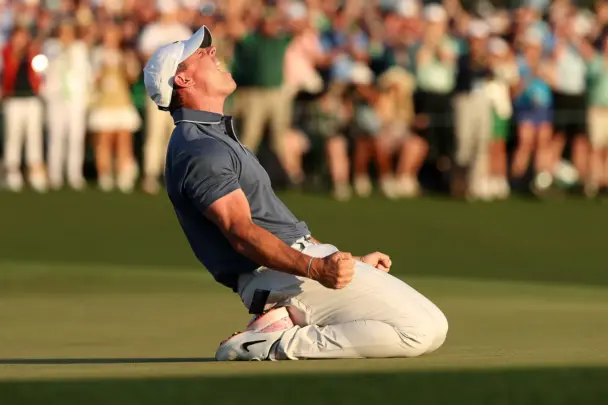
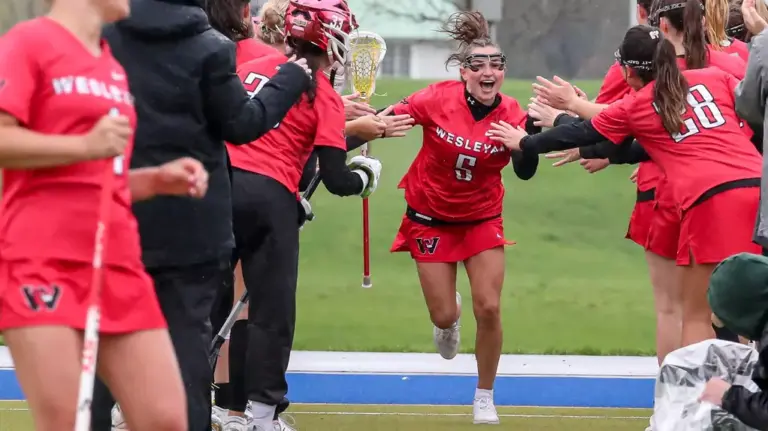
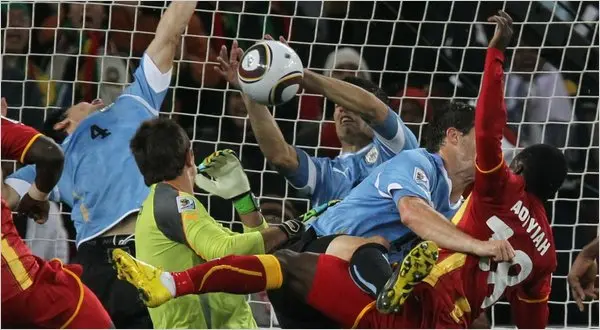
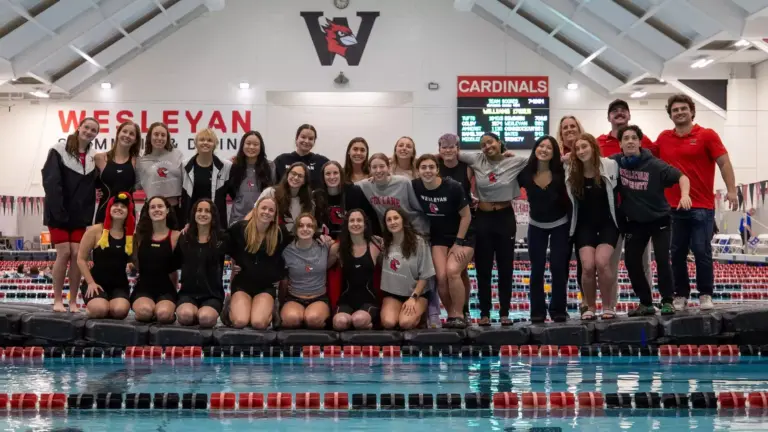
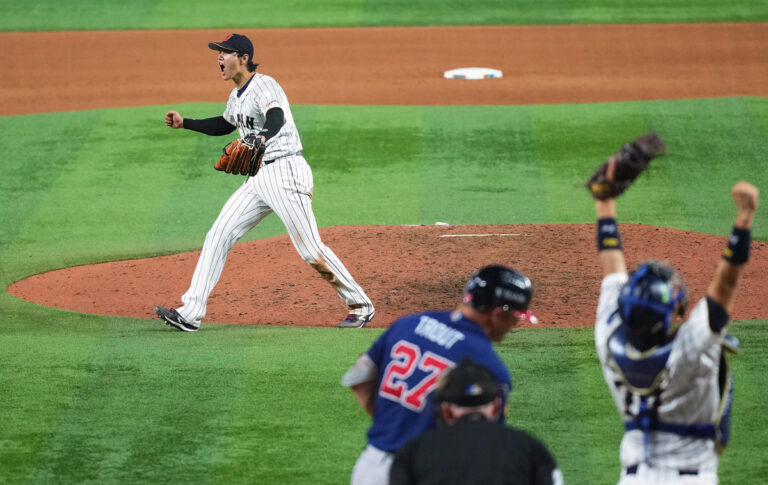
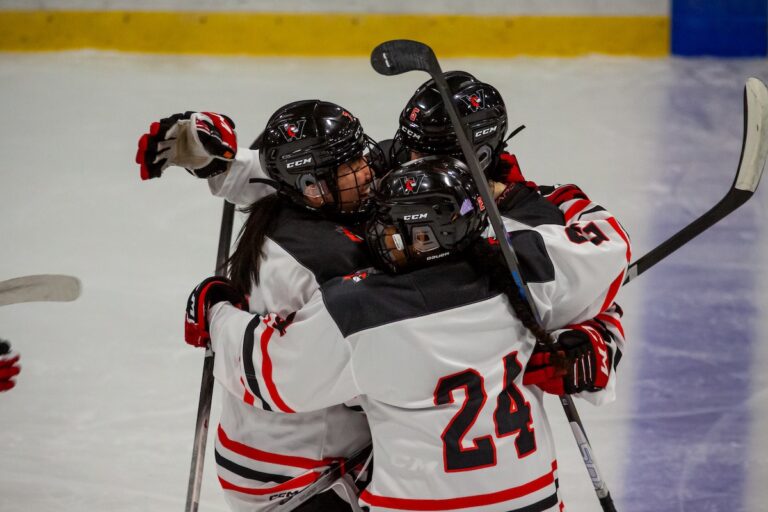
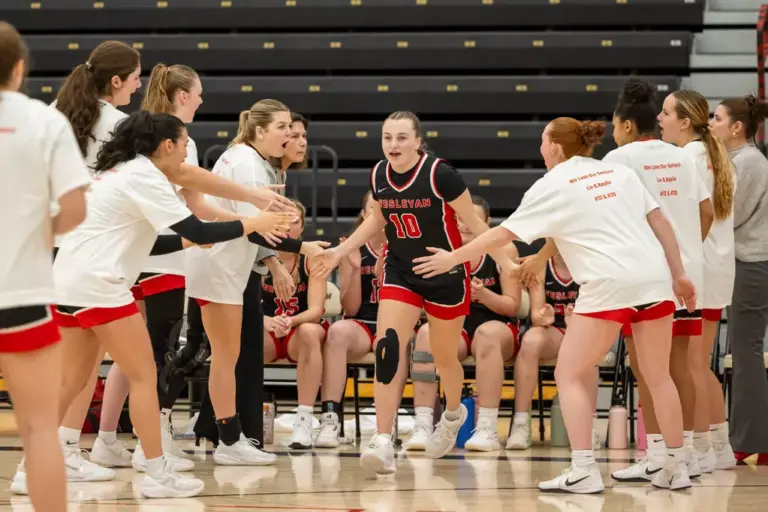
Leave a Reply